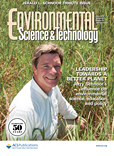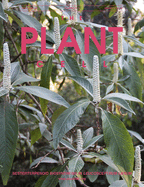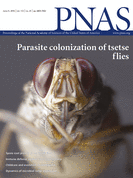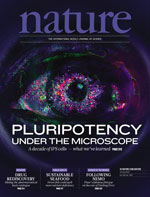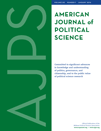
A study that found high levels of the carcinogen formaldehyde leaking from an exhibition by a prominent British artist may have unreliable data, according to its corresponding author.
The 2016 study about Damien Hirst’s exhibition at the Tate gallery in London in 2012 — which involved keeping dead animals in formaldehyde in glass cases — sparked concern in the mainstream media over the exhibition’s potential hazards to visitors.
But now the corresponding author of the paper — Pier Giorgio Righetti of the Polytechnic University of Milan in Italy — has alerted the journal, Analytical Methods, of the paper’s shortcomings. The journal has issued an expression of concern (EOC), and is investigating.
Here’s the EOC, issued this week: Continue reading Study warning of toxic leaks from Damien Hirst’s work may not be reliable, says author

